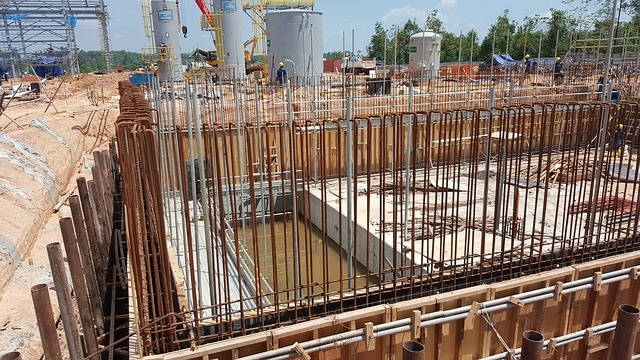When last did you think of the rise of fancy architectural designs in Ghana? Probably not until you saw a building that piqued your interest. Growth, they say, is inevitable, and so is development, as there is no growth without development.
The construction sector in Ghana has seen tremendous growth from basic home designs to building ultra-modern, well some people will say, ‘smart homes.’ Construction, the umbrella word, simply defines designing, creating, and maintaining buildings, highways, and bridges. To envisage and conceptualize an actual structure into reality requires a professional, a civil engineer, who is skilled enough to make that happen.
In 2020, the construction sector contributed over 12.8 billion Ghana cedis amounting to roughly 2.1 billion United States dollars to Ghana’s GDP. That is how much the construction sector is growing in Ghana. According to a report released by the Ghana Statistical Service, the construction sector in Ghana recorded over 18 percent year-on-year growth within the third quarter of 2018. This growth also means there is a high employment rate in the industry. For instance, the building construction sector alone employs over 400,000 people and an estimated number of roughly 2,500 civil engineers operating in the Ghanaian market. These players range from small and medium scale enterprises (SMEs) to multinational construction engineering giants.

So what actually led to this growth? According to Page et al. (2020) in their publication; ‘Mining for Change: Natural Resources and Industry in Africa, “The discovery of oil in Ghana in commercial proportions in 2007 may be reasonably expected to have had significant consequences for the construction sector. Indeed, the production and export of oil has driven large-scale projects in the country’s construction sector, such as investments in real estate (to provide accommodation for migrant workers and expatriates), the port in Takoradi, and other infrastructure projects around the country”. The rapid economic boom, urbanization, and high demand for real estate development in Ghana, by no doubt, led to an equally increased demand for a transformational taste in residential and commercial building designs.
There are several types of beautiful architecturally designed houses in Ghana today, thanks to the ever-growing ingenuity of our civil engineers. We have come a long way from building old traditional homes made from mud bricks to five-star luxury apartments. Pay a visit to Ghana today and see several houses ranging from simple conventional houses(found chiefly in rural areas) to luxury dwellings. There is always provision for commercial buildings from simple grade to high-end construction. In Ghana, the general types of houses you will often find are apartment homes, detached and semi-detached homes, flats, bungalows, villas, condominiums, maisonette, and many more.

Thanks to technological advancement, and the high demand for real estate, civil engineers continue to redefine the types of construction they undertake to satisfy the growing sophisticated needs of clients and the environment. The layout of space to the material used for construction contributes to how home occupants get attached to their homes. This attachment affects their health, mood, and productivity. It has become imperative that civil engineers consider the importance of energy-saving homes as an added value to what their clients bargain for before they award contracts; after all, who doesn’t want to own a house that possibly combats global warming.
There is a growing number of people who keep venturing into the world of civil engineering due to the never-ending opportunities for growth in the construction sector. Universities worldwide offer degree courses for students who wish to become civil engineers. This is evident that the future of construction is layered with superior and higher cutting edge buildings the world can only imagine.


